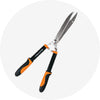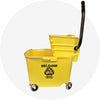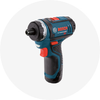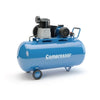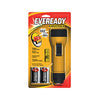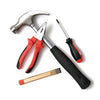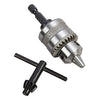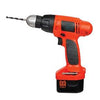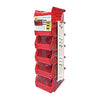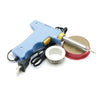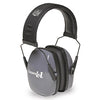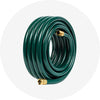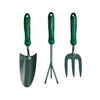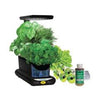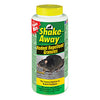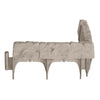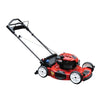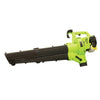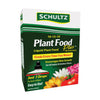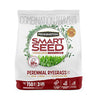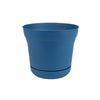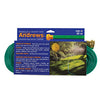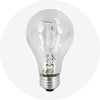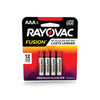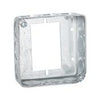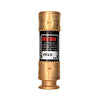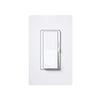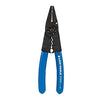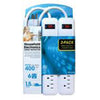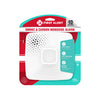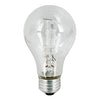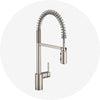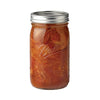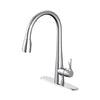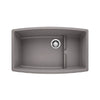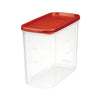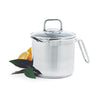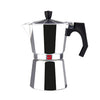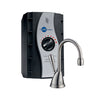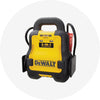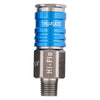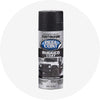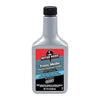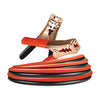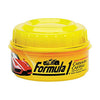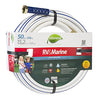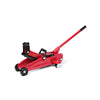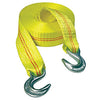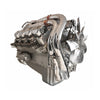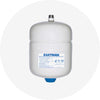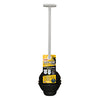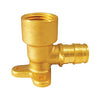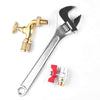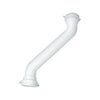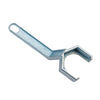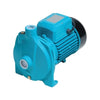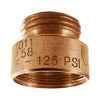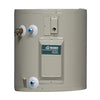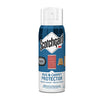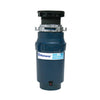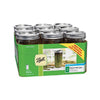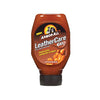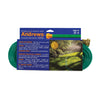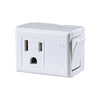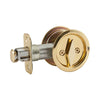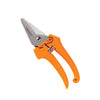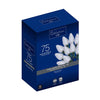Effective insecticides for a pest-free garden
∙ min read

Maintaining a lush and healthy lawn can be a challenge even for professionals, especially when pesky insects make their presence known. Destructive organisms such as beetles, aphids, white grubs, and other critters can wreak havoc on your green spaces, leaving your lawn wilted and unattractive. Fortunately, many insecticides are designed to protect your garden from these threats.
Types of insecticides for lawns
-
Cheaters: These insects, including beetles, caterpillars, and grasshoppers, feed on plant leaves and stems.
-
Suckers: this category includes aphids, mealybugs, and stink bugs that feed on the sap of plants, weakening them and causing them to wilt.
-
Burrowers: Japanese beetle larvae and white grubs fall into this category because they feed on grassroots and can cause severe damage.
-
Flyers: mosquitoes, flies, and wasps are often a nuisance in the garden, especially when trying to enjoy your outdoor space.
-
Ticks and fleas: these parasites pose a risk to both pets and humans.
-
Crawlers: ants and other insects, such as cockroaches, can nest in your lawn and damage the roots.
Types of lawn insecticides
-
Systemic: these are applied to the treatment area and absorbed by the plants down to the roots. When pests feed on treated plants, they ingest the insecticide and die. However, systemic insecticides can affect non-target wildlife and should be used cautiously.
-
Contact: these kill insects such as beetles and aphids upon direct contact. They are useful for controlling pests primarily found on your lawn's surface.
-
Biological: these rely on living organisms. For example, beneficial nematodes are microscopic organisms that can be applied to your garden to control certain underground pests, such as Japanese beetle larvae and white grubs.
-
Chemical: these contain synthetic active ingredients designed to repel insects. Chemical insecticides can be effective against various bugs but must be used according to the manufacturer's instructions and with environmental concerns in mind.
-
Horticultural: these natural products are used to smother insects such as aphids, mealybugs, and mites by coating their bodies with an oily film.
Remember that the best insect killer for the lawn doesn't exist; the choice should be based on assessing the specific pests you are facing and considering factors such as pet safety, wildlife, and the environment. For more information, contact your state County Extension Offices to determine which grass varieties and pest control methods are appropriate for your climate and growing conditions.
Standard application forms for these products include liquid and granular insecticides, each with advantages and considerations. Here's some information about both types:

Liquid insecticides can be precisely applied with a watering can, spray hose, or hand-held sprayer. This allows you to target problem areas or where pests are most prevalent. They tend to be absorbed more quickly by grass and plants, speeding up their action.
In addition, you can mix liquid insecticides with other products, such as fertilizers, herbicides, or fungicides, and apply them simultaneously to treat multiple garden difficulties.
In general, liquid insecticides have a shorter persistence in the lawn and may require more frequent applications if pests persist.
Granular insecticides are easier to apply over large areas and can be spread evenly with a fertilizer spreader. They release their active ingredient more slowly, providing longer-lasting pest control with fewer applications. One of their advantages is that, unlike liquid sprays, there's less risk of contaminating non-target areas.
As you can see, there is no best insect killer for lawns, so when choosing between all insect killers available, consider the area you need to treat, the type of insects you're trying to control, and your preferences. Whatever you select, follow product instructions and take precautions for the safety of people, pets, and the environment.
Max Warehouse: your perfect partner!
Visit our product catalog to find all the tools and products you need to do a perfect job. In the “Insect Control” section, you'll discover the best items for your ideal garden. For example:-
Bonide Stump Out Sodium Disulfite Post Emergent Tree Roots Decomposition Accelerator Granules: to apply granules, stump removal chemical is a functional addition to you. Unlike most other stump removers, this chemical is made from sodium metabisulfite instead of potassium nitrate.
-
Natria Insect Disease & Mite Control Liquid: Ready-to-use is the one-step solution for keeping your indoor and outdoor roses, vegetables, and flowers free of fungal diseases and other pests. This convenient, 3-in-1 formula controls listed insects, diseases, and mites, including Black Spot, Rust, Spider Mites, Aphids, Caterpillars, Whiteflies, and more.
-
Safer Brand EndALL Organic Crawling/Flying Insects Insect Killer: this bug spray for plants is OMRI-listed and compliant for use in organic gardening, and it will not persist in the environment. The insecticide spray kills insects, including aphids, various beetles (including Japanese beetles), caterpillars, and larvae (gypsy moth caterpillars and tent caterpillars), harlequin bugs, leafhoppers, stink bugs, whiteflies, and mealybug control.
These are just a few product options you can purchase at special volume prices by joining our Max Pro program. Check out all the benefits and start growing your business.
Keep your lawn pest-free with top solutions
Sources:
- https://www.epa.gov/safepestcontrol/lawn-and-garden
- https://bit.ly/3rxK7HV
- https://bit.ly/3PUr5os






